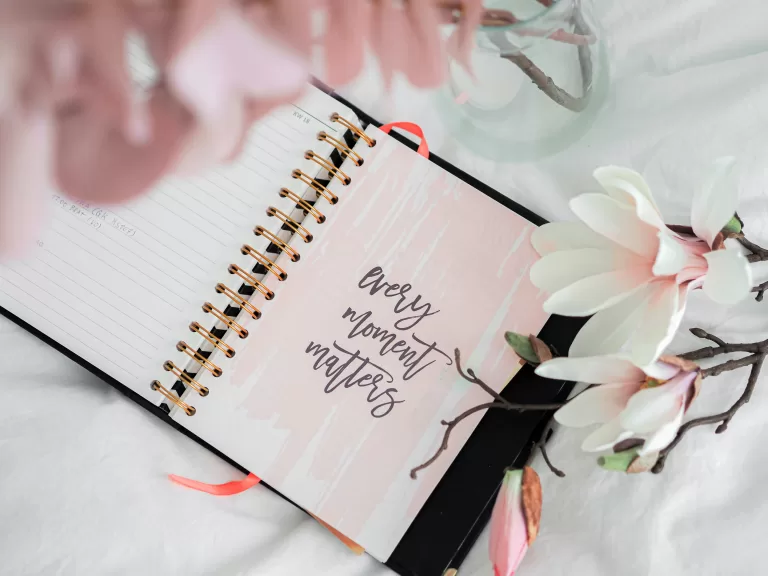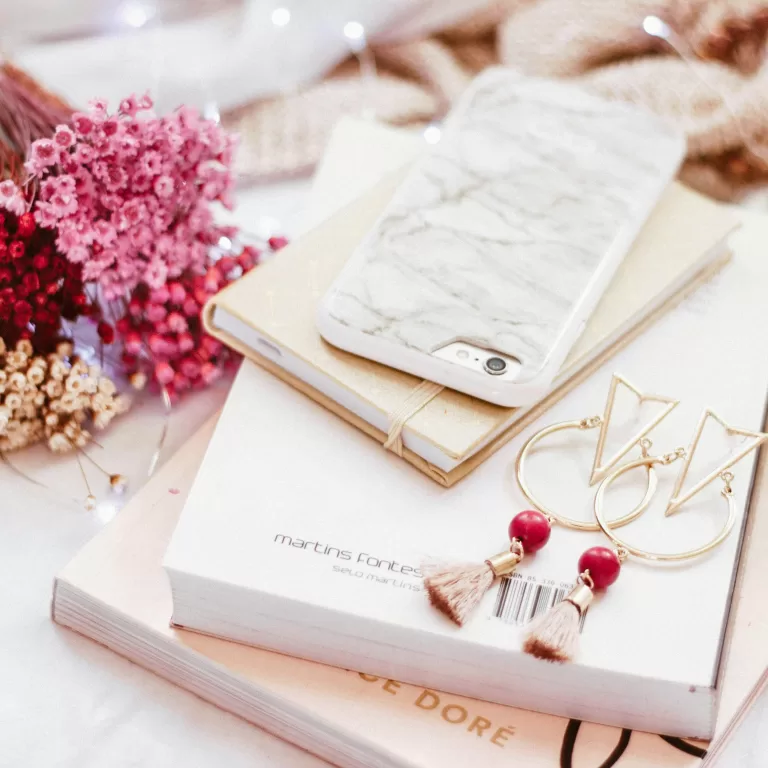Why You Aren’t as Confident as You Could Be and (How to Change That)
It’s what helps you step out of your comfort zone, chase your dreams, and shine your brightest. But what happens when confidence decides to play hide and seek?
We’ve all been there, right? Those moments when self-doubt creeps in, and suddenly, even the easiest tasks feel like a mountain to climb.
It’s frustrating, it’s disheartening, and if we’re being honest, it can make you feel stuck.
But here’s the exciting part: It’s something you can build, nurture, and grow—just like a plant (except you can’t overwater it!).
Today, we’re going to explore why you might not be feeling as confident as you could be, and more importantly, how you can change that.
Go grab your favorite drink, settle in, and let’s dive deep into the world of confidence together.
We’re in this for the long haul, and by the end of this journey, you’ll have a toolkit full of strategies to help you feel empowered and unstoppable. Ready? Let’s go!
What Confidence Really Is (And Why It’s So Important)
1. The Real Meaning of Confidence
Okay, so let’s get clear on what confidence actually is. We often think of confidence as walking into a room and commanding attention, or being fearless in the face of challenges. But confidence is more than that.
It’s about trust—trust in yourself, your abilities, and your worth.
Confidence isn’t about never feeling fear or doubt; it’s about feeling those things and moving forward anyway. It’s knowing that, even if things don’t go perfectly, you’ll be okay.
Confidence is that inner voice that says, “You’ve got this,” even when the road ahead looks tough.
Here’s something to consider: Confidence isn’t a one-size-fits-all trait. It can look different for everyone. For some, it might be quiet and steady—like the friend who listens more than they speak but always seems to know what to do.
For others, it might be bold and vibrant, like the person who isn’t afraid to speak their mind. Both are valid, and both are powerful.
Confidence is also deeply connected to your self-worth. It’s believing that you are valuable, deserving of good things, and capable of achieving your goals. When you have a strong sense of self-worth, confidence naturally follows!
2. Science Break: The Confidence-Success Loop
Here’s a cool scientific fact for you: Confidence and success create a positive feedback loop!
According to research, when you believe in your abilities, you’re more likely to take action. This action often leads to success, which in turn boosts your confidence even more .
It’s a cycle that feeds itself, but it starts with that initial belief in yourself!
3. Why Confidence Matters (More Than You Think)
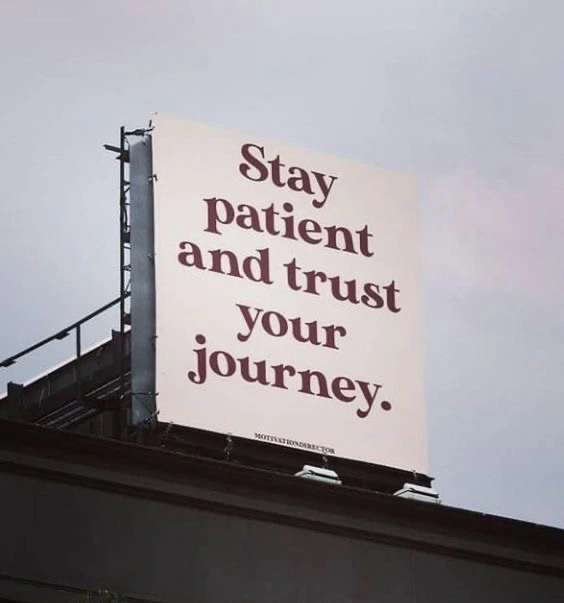
Now, let’s talk about why confidence is so important. It’s not just about feeling good—it’s about living a fuller, richer life. Confidence affects everything from your career to your relationships, to how you view yourself and the world.
Career Impact
Confident people are more likely to take risks in their careers. They’re the ones who apply for the job even if they don’t meet every single qualification, who ask for the raise, or who start their own business.
And guess what? They’re also more likely to get those opportunities because they put themselves out there!
Relationship Impact
Confidence plays a big role in your relationships too. When you feel good about yourself, you’re more likely to set healthy boundaries, communicate effectively, and choose relationships that are supportive and fulfilling.
You’re less likely to settle for less than you deserve because you know your worth!
Mental Health Impact
Here’s a big one—confidence is closely linked to mental health! When you believe in yourself, you’re less likely to suffer from anxiety, depression, or chronic stress.
You’re more resilient, able to bounce back from setbacks, and better equipped to handle life’s challenges. Studies have shown that self-esteem, a key component of confidence, is one of the strongest predictors of happiness and life satisfaction .
Daily Life Impact
Even in your day-to-day life, confidence makes a difference. It’s the difference between trying something new and sticking with what’s comfortable.
It’s the reason you might sign up for that art class, try a new recipe, or start a conversation with a stranger. Confidence opens doors that you might not even have noticed were there!
Why You Might Not Be as Confident as You Could Be
Now that we’ve established how awesome confidence is, let’s take a look at why it might not be showing up for you the way you’d like.
Don’t worry, this isn’t about pointing fingers—it’s about understanding where those confidence blockers come from so we can kick them to the curb.
4. The Inner Critic
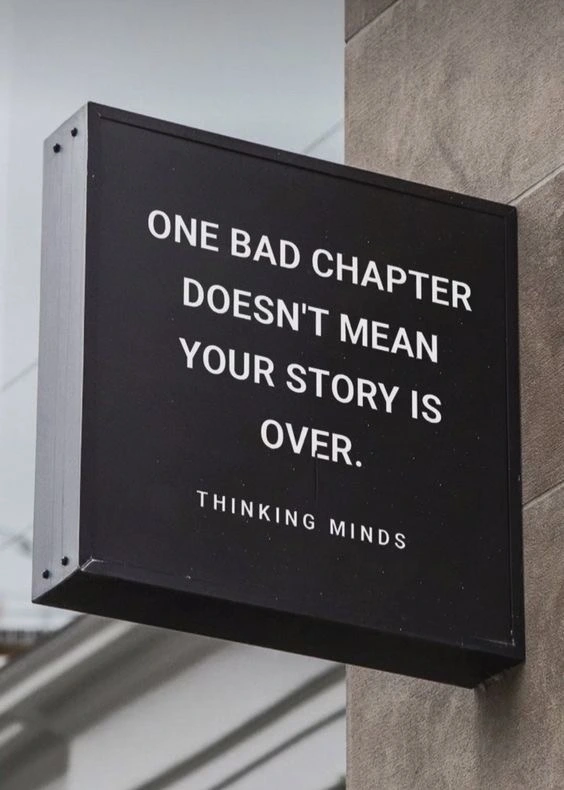
Alright, let’s get real for a moment. We all have that little voice in our heads that loves to point out every tiny flaw and mistake. It’s like having a personal heckler who’s always ready to rain on your parade. This voice is your inner critic, and it’s a sneaky confidence saboteur!
Your inner critic often stems from past experiences—maybe a time when someone made you feel small or not good enough.
Over time, these experiences can shape the way you talk to yourself. Instead of being your own cheerleader, you become your own worst critic.
But here’s the thing: Your inner critic isn’t telling the truth. It’s more like a distorted funhouse mirror, showing you a warped version of reality.
The good news? You can challenge it.
Exercise: Challenge Your Inner Critic
Next time your inner critic pipes up, try this exercise:
- Listen and Identify: When you hear that negative voice, stop and listen to what it’s saying. Is it telling you that you’re not smart enough, talented enough, or good enough? Identify the specific criticism!
- Question It: Ask yourself, “Is this really true? Where’s the evidence?” Often, you’ll find that the criticism is based on fear, not fact.
- Reframe It: Turn the criticism into a positive affirmation. If your inner critic says, “You can’t do this,” respond with, “I’ve done hard things before, and I can do this too.”
Over time, this practice can help quiet that inner critic and replace it with a more supportive, confident inner voice!
5. The Comparison Trap
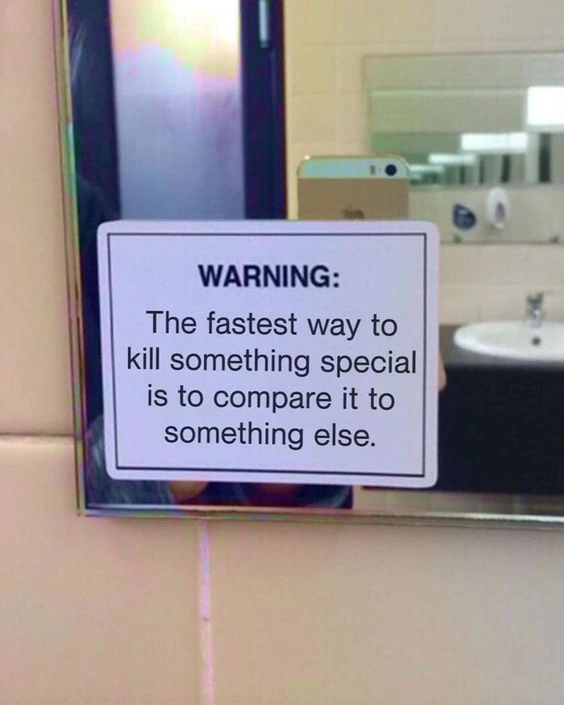
Let’s talk about the comparison trap. You know, that habit of looking at someone else’s life and thinking they’ve got it all figured out while you’re over here struggling.
Whether it’s scrolling through social media or comparing yourself to a coworker, it’s easy to fall into this trap.
But here’s the thing: You’re only seeing part of the picture!
Social media is like a highlight reel—it shows the best moments, not the behind-the-scenes struggles.
And even in real life, you’re comparing your inside (your thoughts, fears, and doubts) to someone else’s outside (the image they present to the world).
It’s not a fair comparison, and it’s definitely not helping your confidence!
Exercise: Gratitude Over Comparison
Next time you find yourself comparing, try this:
Practice Gratitude: Think about something in your life that you’re grateful for! Shifting your focus from comparison to gratitude can instantly boost your mood and your confidence.
Pause and Reflect: Stop yourself mid-comparison and take a moment to reflect on what’s triggering it.
List Your Wins: Write down three things you’ve achieved recently. They don’t have to be big—just things that you’re proud of!
6. Fear of Failure
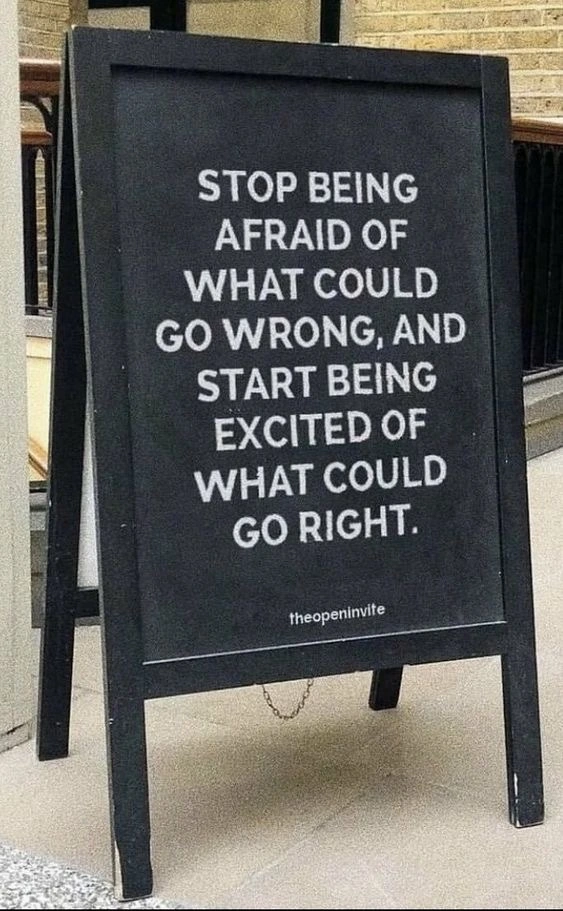
Ah, the fear of failure—it’s one of the biggest confidence killers out there. We’ve all been there: You want to try something new, but the “what ifs” start creeping in. What if I mess up? Or what if I’m not good enough? What if people judge me?
Here’s the thing: Failure isn’t the end of the world. In fact, it’s often the beginning of something great. Every successful person has a story of failure—it’s how they learned, grew, and ultimately succeeded!
Exercise: Reframe Your Failures
Try this exercise to help overcome your fear of failure:
- Reflect on a Past Failure: Think about a time when you felt like you failed. Write down what happened and how it made you feel.
- Identify the Lesson: Now, think about what you learned from that experience. How did it help you grow or improve?
- Reframe the Failure: Write a new narrative about that experience, focusing on the positive outcomes. This can help you see failures as valuable learning experiences rather than something to be ashamed of!
7. Lack of Self-Compassion

Let’s face it—we can be really hard on ourselves. We hold ourselves to impossibly high standards and beat ourselves up when we fall short. This lack of self-compassion can seriously erode your confidence over time.
Self-compassion is about treating yourself with the same kindness and understanding that you would offer to a friend. It’s recognizing that everyone makes mistakes and that it’s okay to be imperfect.
Exercise: Practice Self-Compassion
Here’s a simple exercise to start practicing self-compassion:
- Notice Your Self-Talk: Pay attention to the way you talk to yourself, especially when you make a mistake or fall short of your expectations.
- Challenge Negative Thoughts: When you catch yourself being overly critical, ask yourself, “Would I say this to a friend?” If not, rephrase the thought in a kinder, more supportive way.
- Offer Yourself Kindness: Imagine what you would say to a friend in the same situation, and offer those kind words to yourself. Remind yourself that it’s okay to be human and that you’re doing your best!
How to Start Building Your Confidence Today
Now that we’ve explored some of the common obstacles to confidence, let’s dive into how you can start building your confidence right now.
It’s not about making huge, sweeping changes overnight—it’s about taking small, consistent steps that add up over time!
8. Start with Small Wins

One of the best ways to build confidence is to start with small wins. These are little victories that might seem insignificant on their own, but when you add them up, they create a powerful momentum!
Exercise: Create Your Small Wins Plan
Here’s how you can start building confidence through small wins:
- Set a Small, Achievable Goal: Choose something that’s challenging but doable! It could be reading a chapter of a book each day, cooking a new recipe once a week, or practicing a skill for 10 minutes a day.
- Track Your Progress: Keep a journal or use an app to track your progress. Each time you achieve your small goal, give yourself some reward.
- Celebrate Your Wins: Don’t brush off your achievements, no matter how small they seem. Celebrate them! Each win is a step toward greater confidence.
9. Surround Yourself with Positivity
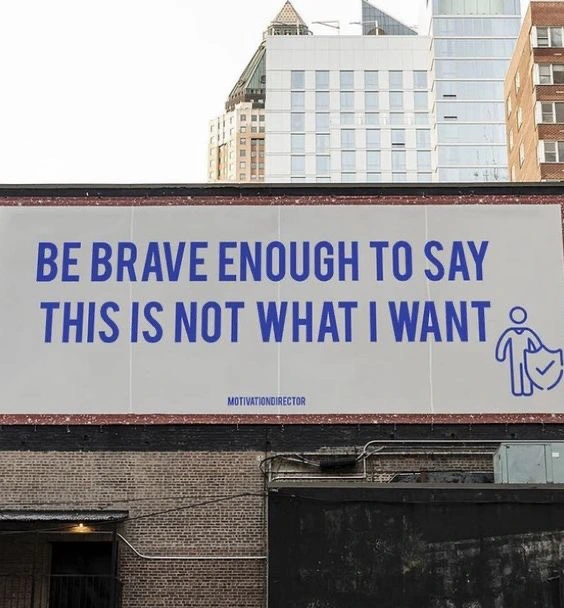
You’ve probably heard the saying, “You are the average of the five people you spend the most time with.” There’s a lot of truth to that. The people you surround yourself with can have a huge impact on your confidence.
If you’re constantly around negative, critical, or unsupportive people, it’s going to be tough to feel confident. On the other hand, if you’re surrounded by positive, encouraging, and uplifting people, their energy will rub off on you.
I have created a Facebook group, and you’re very welcome to join! I want this to be our cozy space, where we push each other and share our progress!
Exercise: Audit Your Circle
Here’s a little exercise to help you surround yourself with positivity:
- Make a List: Write down the names of the people you spend the most time with. Next to each name, jot down how they make you feel—energized, supported, drained, or discouraged.
- Identify Positive Influences: Look at your list and identify the people who make you feel good about yourself. These are the people you want to spend more time with.
- Seek Out Positivity: If you notice that you’re surrounded by negativity, start seeking out new connections. Join a club, attend events, or connect with like-minded people online. Surrounding yourself with positivity will do wonders for your confidence!
10. Step Out of Your Comfort Zone

Here’s a little secret: Confidence grows when you step outside of your comfort zone. It’s like a muscle—the more you use it, the stronger it gets!
When you try something new, whether it’s learning a new skill, taking up a hobby, or meeting new people, you’re stretching that confidence muscle. Even if you don’t succeed right away, the act of trying is what builds confidence!
Exercise: Create Your Comfort Zone Challenge
Here’s how you can start stepping out of your comfort zone:
- Choose a Challenge: Pick something that’s slightly outside your comfort zone. It doesn’t have to be huge—just something that feels like a stretch.
- Take the Leap: Commit to trying your challenge, even if it’s just once. Remember, the goal isn’t perfection—it’s about building confidence!
- Reflect and Celebrate: After you’ve completed your challenge, take a moment to reflect on how it made you feel. Celebrate the fact that you stepped out of your comfort zone—you’re already more confident for having done it!
Building Confidence Through Daily Habits
Consistency is key when it comes to building confidence. Daily habits can have a big impact on how you feel about yourself and your abilities.
So, let’s explore some habits that can help you nurture and grow your confidence.
11. Practice Self-Care
Self-care isn’t just about pampering yourself (though that’s part of it!). It’s about maintaining your overall well-being—physical, mental, and emotional. When you take care of yourself, you feel better, and that can have a direct impact on your confidence.
Exercise: Create Your Self-Care Routine
Here’s how you can develop a self-care routine that supports your confidence:
- Identify Your Needs: Think about what areas of your life need more attention. Do you need more sleep, healthier eating habits, or time for relaxation?
- Set Simple Goals: Start with small, achievable goals related to your self-care needs. For example, commit to drinking more water, getting 30 minutes of exercise, or setting aside time for a hobby you enjoy.
- Make It a Habit: Incorporate these self-care activities into your daily routine. The more consistent you are, the more natural they’ll become, and the better you’ll feel.
12. Challenge Yourself Regularly
Challenging yourself is a powerful way to build confidence. When you push yourself out of your comfort zone, you prove to yourself that you’re capable of more than you think.
Exercise: Set Your Personal Challenges
Here’s a way to start challenging yourself regularly:
- Identify Your Comfort Zones: List areas where you feel comfortable but might be avoiding growth. What are the things you’d like to try but haven’t?
- Choose a Challenge: Select a challenge that’s slightly outside your comfort zone. It could be public speaking, learning a new skill, or taking on a new responsibility at work.
- Take Action: Set a plan for how you’ll tackle your challenge. Break it down into smaller steps if needed, and commit to taking action.
13. Dress for Success
We’ve touched on this briefly, but let’s dive a little deeper into how what you wear can influence your confidence.
The concept of “enclothed cognition” suggests that the clothes you wear can affect your mental state and behavior. In other words, what you wear can impact how you feel and how others perceive you.
Exercise: Style Your Confidence
Here’s a fun exercise to leverage the power of your wardrobe:
- Dress with Intention: Before heading out for an important meeting, presentation, or social event, put on an outfit that boosts your confidence. Notice how it impacts your mood and performance.
- Assess Your Outfits: Take a look at your wardrobe and identify which pieces make you feel confident and empowered.
- Create Confidence Outfits: Choose outfits that make you feel good about yourself, especially for important events or tasks.
14. Build a Confidence Routine
Having a routine that includes confidence-boosting activities can help you maintain a positive mindset and build self-esteem over time.
Exercise: Develop Your Confidence Routine
Here’s how you can create a confidence-boosting routine:
- Choose Your Activities: Select activities that help you feel confident and positive. This could include journaling, meditation, exercise, or reading.
- Set a Schedule: Incorporate these activities into your daily routine. Consistency is key, so try to do them at the same time each day.
- Track Your Progress: Keep a journal to track how these activities impact your confidence. Adjust your routine as needed to keep it effective and enjoyable.
Facing Challenges and Building Resilience
Life is full of challenges, and how you face them can have a huge impact on your confidence. Let’s explore how embracing challenges and building resilience can help you grow stronger and more confident!
15. Embrace the Struggle
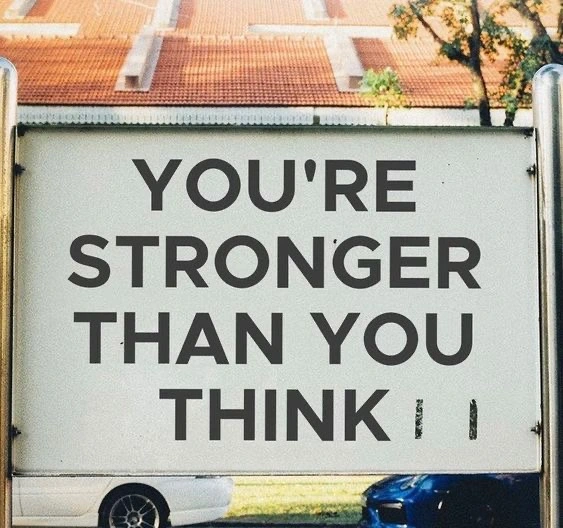
Challenges can feel daunting, but they’re also opportunities for growth. Every time you face a challenge and push through it, you build confidence in your ability to handle difficult situations.
Exercise: Embrace Your Challenges
Here’s how you can embrace challenges and build confidence:
- Identify a Current Challenge: Think about a challenge you’re facing right now. It could be personal, professional, or something else.
- Break It Down: Break the challenge into smaller, manageable steps. Create a plan to tackle each step.
- Take Action: Focus on one step at a time. As you make progress, reflect on what you’re learning and how it’s building your confidence.
16. The Power of Persistence
Persistence is a key ingredient in building confidence. It’s not about never failing—it’s about continuing to move forward even when things get tough.
Exercise: Cultivate Persistence
Here’s how you can develop persistence and strengthen your confidence:
- Set Long-Term Goals: Identify a long-term goal that’s important to you. Break it down into smaller milestones.
- Develop a Plan: Create a plan to work towards your goal, including specific actions and deadlines.
- Stay Committed: Even when you encounter obstacles or setbacks, remind yourself of why you started. Keep pushing forward, and celebrate your progress along the way!
Conclusion
You’ve already taken a crucial step by seeking to understand and improve your confidence.
Whether you’re tackling self-doubt, overcoming the fear of failure, or learning to embrace your strengths, remember that every effort you make is a step forward.
Confidence isn’t about being perfect; it’s about believing in your ability to grow, adapt, and succeed despite the challenges.
You have incredible potential within you. Trust in your abilities and believe in your capacity to achieve great things.
Confidence is not a destination but a journey of discovering and embracing your true self. The more you nurture it, the more naturally it will shine through in all areas of your life.
You’re very welcome to join the Facebook group I’ve created.


